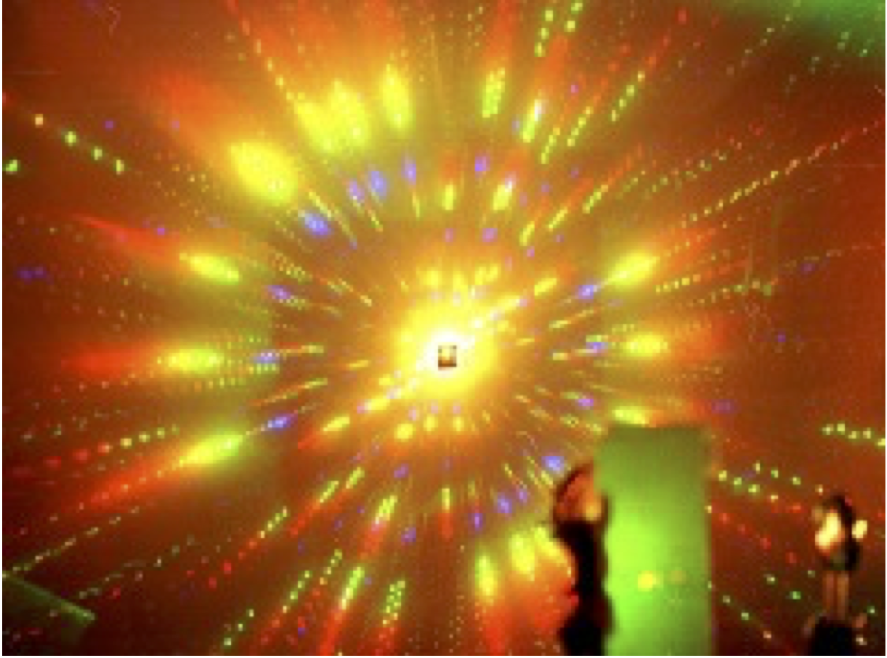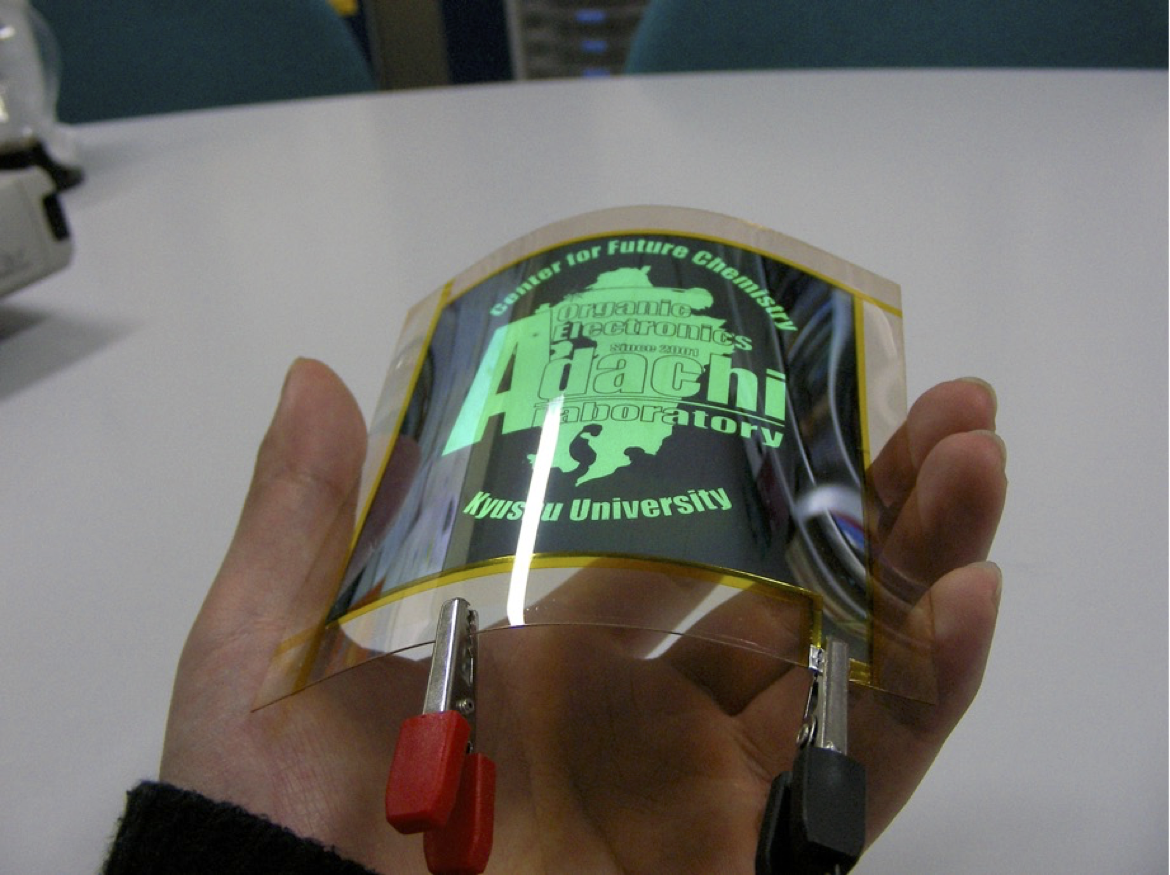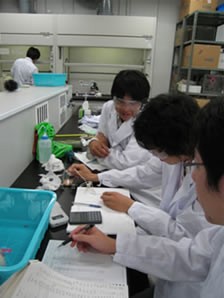Undergraduate Curriculum
Undergraduate Curriculum
Interdisciplinary Fusion of Chemistry with Engineering Viewpoint
Do you feel that "we can study chemistry in the Faculty of Science"? We are a group engaged in chemistry education/research at the Faculty of Engineering.
Our group is researching inorganic materials, such as ceramics and environmental purification catalysts, that clean exhaust gas and are good at fuel cells. In organic chemistry, we are researching artificial host molecules that recognize and recognize specific molecules, macromolecular compounds, and soft materials that are environmentally and biologically friendly. In addition, I often hear keywords such as environment, nano, bio, etc. However, some groups study virtual chemistry using computers, such as researching new chemistry that crosses them. Furthermore, as more practical research, we are conducting research leading the world in recent hot fields such as high-performance lasers, optical communication, and organic EL devices expected as next-generation flat panel displays. It may seem quite different from the image of "chemistry" you are studying at school. It is essential to conduct creative, valuable research for society and industry in Japan.
We have the foundation paving the way for the world's highest level of chemical research, and by thoroughly introducing this into education, we will cultivate human resources who lead chemical science (chemical science) based on chemistry. First, you will work on proven educational programs on traditional chemistry, such as physics chemistry and inorganic and organic chemistry. Finally, undergraduate students will work on cutting-edge chemistry under the guidance of one-to-one faculty members. Promising research results will be disseminated immediately as research presentations and academic papers.
Develop your chemistry lab skills with the student experimental courses.
In chemistry, which studies the properties and changes of matter at the atomic and molecular level, "experimentation" is a critical element that supports the discipline's foundation more than any other field of natural science. Computer-assisted chemical science has become widespread in recent years, but revolutionary materials are needed to solve various problems, including energy and environmental issues.
To respond to such social demands, the Functional Class has been working on a student experimental course, positioned as "one of the crucial foundations in the educational curriculum. The course consists of standard practical training as a chemistry laboratory curriculum to provide students with a well-balanced acquisition of basic experimental techniques in physical, analytical, organic, inorganic, polymer, and computer chemistry.
Messages from alumni
Q. Why did you choose the Function Class as your “first choice” when choosing a course?
・Applied chemistry is linked to various fields, including physics, biology, and environmental science. I believed that in the Function Class, I could gain more extensive knowledge directly related to those fields than just the field of chemistry.
・I like chemistry experiments and wanted to choose applied chemistry. The function had the image of placing importance on an assessment by synthesis.
・I enrolled in university to study. I thought that the Function Class had a high level of research activities with research laboratories, which have extensive areas of research compared to other classes, and that I could learn many things.
・Because it has a wide range of research fields such as materials, inorganic, organic, and optical science. When I had to decide on a career option, I was only in my first year and had no idea about the future. I chose a field that offered extensive choices and took time to consider my future.
・I was attracted by the fact that it offers a wide range of fields in one course, such as inorganic and organic chemistry, analysis, theoretical calculation, biochemistry, and high polymer. Thus, I could think carefully about which research laboratory to sign up with.
Q. Many have commented that the student experiments of the Function Class are “difficult for the number of experiments due to the wide range of fields.” Was it just difficult for you?
・It was great because I could conduct experiments in fields I had no experience in. Through the experiments, I could find the fascination of a field I had no interest in. I also developed friendships by collaborating with everyone in the Function Class.
・Looking back on it now that I am an MA, I think the extensive knowledge and techniques gained from the student experiments serve as my foundation today.
・As it offers student experiments in various organic, inorganic, and analysis fields. Each student experiment includes consultation and report, enabling you to gain basic knowledge outside the research laboratory you may join.
・I cannot compare it to other courses. Still, the experiments conducted in the Function Class have the characteristics of being 1. complete and extensive, 2. having many kind and interesting TAs, and 3. enabling students to form friendships with everyone in the Class.
・The coursework may be challenging compared to other courses. However, I am glad I could conduct experiments in each research laboratory as I believe such experience will undoubtedly be utilized.
Q. Describe freely the advantages of the Function Class which you would like to appeal
Q. Describe freely the advantages of the Function Class which you would like to appeal
・You can job hunt without limiting your fields too much. Although the time spent on experiments is long, the students can become friends quickly.
・You may find it hard work sometimes, but you will find more joy and fun. I do not think you can get this feeling anywhere else. I have joined a research laboratory, started experiments on a full scale, and am enjoying a fulfilling life. I think even someone who has not decided what they want to do yet will find what they want in the Function Class.
・(To students looking for employment) I think it is perfect for getting a job. Although the research activities are complex, since the workplace is likely to be stricter, I am sure you will be able to cope better once you get a job if you train yourself properly while you are a student. (To students wishing to conduct research) The instructors of each research laboratory are very passionate about research, and since the facilities are fully equipped, they provide an excellent environment for research.
・In the final year’s research presentation and graduate school consultation, you have to give a presentation to people from a wide range of fields in Function. This experience is beneficial when you go to job interviews.
・I think how the research themes are being used in the Function Class is very clear. Therefore, the Function Class is best for those who wish to have their ideas spread around the world or used by many people.
The link below lets you check the entire survey text collected in July 2007.

 九州大学Webサイト
九州大学Webサイト

